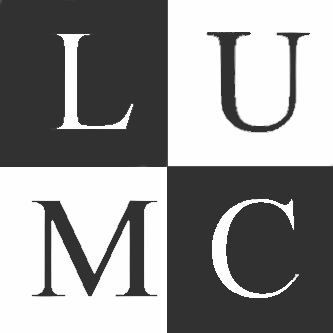
Neuroimmune guidance cues to combat atherosclerosis
Despite significant therapeutic advancements, cardiovascular disease persists to be a worldwide leader of morbidity and mortality. Atherosclerosis, a main driver of cardiovascular disease, progresses following the transmigration of lipids and inflammatory cells through the vascular endothelium into the vascular wall. Therefore, adverse endothelial monolayer permeability and leukocyte migration are key features in the onset and progression of atherosclerosis. The ligands and receptors of the Neuroimmune Guidance Cues (NGCs) are emerging as significant regulators of inflammation. Studies from us and others suggest that differentially (secreted) NGCs produced by the ECs, acting locally as well as systemically on inflammatory cells and the endothelium, can elicit either atheroprotective or atheroprone effects on the vasculature. We hypothesise that functional modulation of NGCs may well provide a novel therapeutic strategy to counteract leukocyte infiltration in atherogenesis.
To identify the critical NGCs that can act to reduce intimal accumulation of leukocytes, we will perform a detailed functional analyses of endothelial NGCs and further study their role in leukocyte adhesion and chemotaxis. Second, to translate these insights to the human situation, we will relate the presence of circulating NGCs with parameters of inflammation, atherosclerotic burden and clinical outcome in a cohort of patients with coronary artery disease. Following these studies, selected NGCs, differentially expressed between healthy and disease will further be studied in preclinical mouse models for atherosclerosis with the aim to develop approaches to mediate their expression to counteract atherogenesis. Taken together, this study will not only acquire a deeper insight into the role and potential modulation of NGCs in models for atherosclerosis, but will also take the next step towards translation and assess the clinical relevance of our previous and new findings in a cohort of patients with coronary artery disease. Providing a potential novel therapeutic framework for lowering inflammation in the diseased vessel wall that may impact both on the progression of atherosclerosis as well as on the stabilization of vulnerable plaques.
Internships
We facilitate a limited number of internships for undergraduate students. If you’re interested, please contact Janine van Gils (j.m.van_gils@lumc.nl) to discuss the possibilities.


